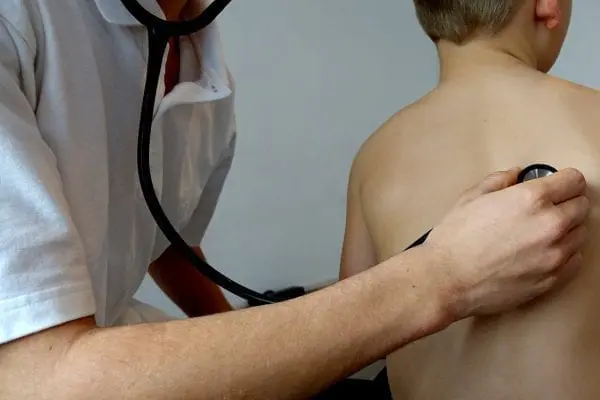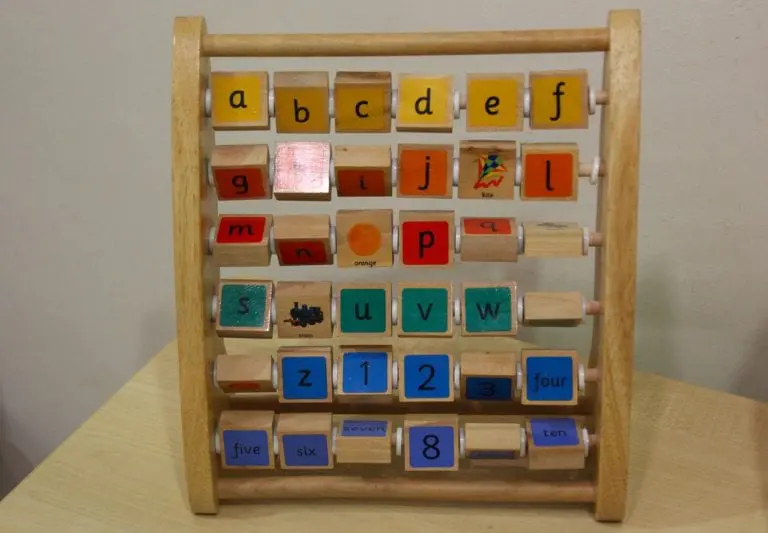Tips To Help Keep Up With Your Child’s Wellness Checkups

Maintaining healthy habits and healthy children as a parent is a full-time engagement. Due to the many different roles played by parents in modern times, it can be very challenging to juggle the array of responsibilities that lie ahead each day.
It is of the most vital importance to routinely keep up with a child’s health and development. Checkups are designed to prevent childhood health problems, and they increase the likelihood that any developmental disabilities will be pinpointed early in life.
Take a moment to read over this short synopsis, highlighting the most important checkup milestones every parent should be sure not to miss.
Babies see the doctor a lot more often than older children
In the first year of life, a child should have at least six routine checkups. The first visit should occur a week after birth. After the initial visit, babies should have a checkup at 1, 2, 4, 6, 9, and 12 months.
Each visit will compile important information regarding the baby’s growth and development, in order to keep a close eye on the child’s brain function. Before each visit, the doctor’s office should present parents with a detailed questionnaire, concerning several different aspects of the child’s life.
Visits slow down once the child is considered a toddler
At 15 months, children should see the doctor for a shot of Prevnar (to protect against pneumonia) and two other vaccinations. At 18 months, toddlers get a Hepatitis A vaccination, a developmental screening, and a specific screening for Autism, called MCHAT.
After the toddler’s 18 month visit, parents should schedule office visits every six months until the child reaches the age of five. Vision and hearing screenings begin on a regular basis once the child reaches the age of four.
Growth and development are monitored once a year
After the age of five, children should have regular checkups once a year until full maturity is reached at the age of 21. Doctors will keep a close eye on patient’s physical growth and development. Typically, a family practice doctor is not responsible for maintaining a child’s mental health, but they are able to make specific recommendations if necessary.
Mental health is not the main focus when children are young because many mental health diagnoses are not traditionally given until patients reach full physical and mental development. There are a few exceptions, but most behavioral issues in children are seen as age appropriate.
Older kids still have to get a few shots
Just because the kids do not have to see the doctor as often once they reach a certain age, it does not mean they are through getting shots. Colleges always require students to have specific repertoires of vaccinations to attend. Exceptions to this rule include religious and medical contraindications.
Similar Posts:
- 4 Easy Ways To Support Your Kid’s Mental Health
- Teaching Your Child Healthy Habits From An Early Age
- 3 Tips for Handling Kid’s Health and Hygiene
- Introduce Fun Retro Toys to Your Kids Instead of Giving Gadgets
- The Internet: Whole New World for Parents of Children with Disabilities










That’s an interesting fact about mental health generally not being a focus in childhood. I feel like I’m going to need to look out for it in my little one, as I experienced some issues as a child. Then again, maybe she’ll luck out and get her dad’s genes in that department!